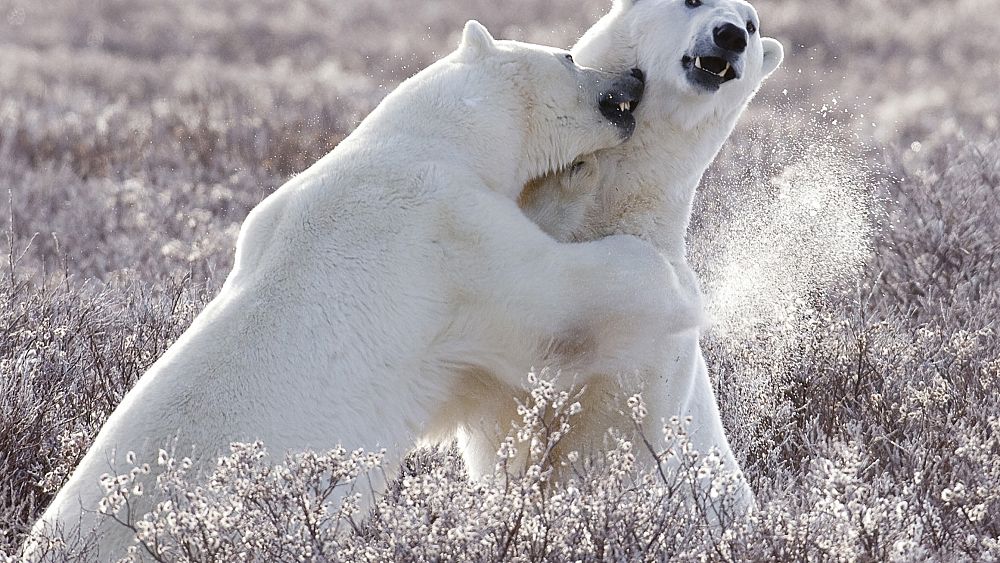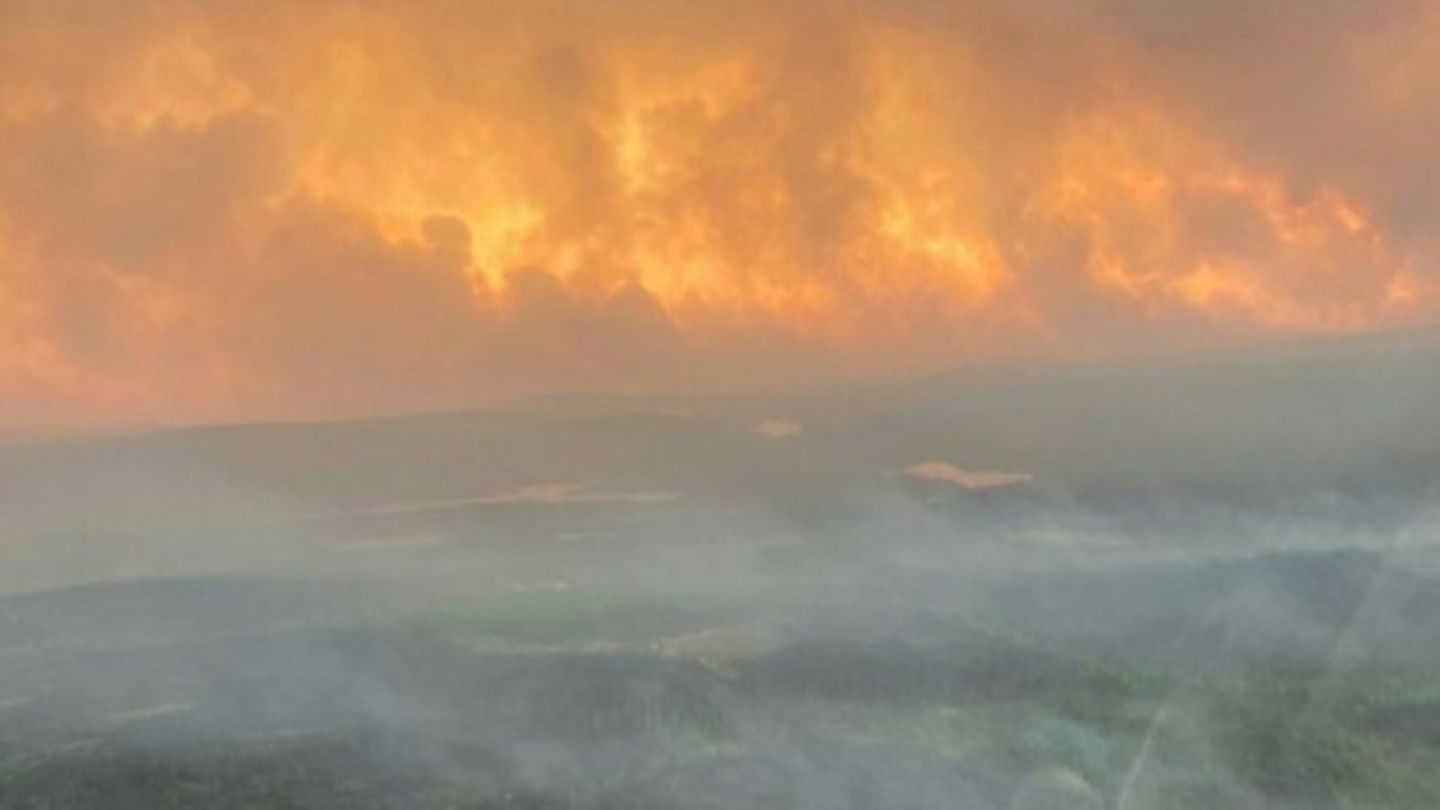Polar bears in western Hudson Bay, on the southern edge of the Canadian Arctic, continue to die in large numbers, according to a new study commissioned by the Canadian government. Females and cubs are particularly affected.
The researchers studied western Hudson Bay, dubbed the “polar bear capital of the world.” The survey took place in 2021 from the air. Researchers put the number of bears at 618, down from 842 in 2016 when last counted.
“The actual decline is much larger than I expected,” said University of Alberta biology professor Andrew Derocher, who has observed and studied Hudson Bay polar bears for nearly four decades. However, he did not participate in this study.
Since the 1980s, the region’s polar bear population has declined by almost 50%, according to the study’s authors. The ice essential to their survival is gradually disappearing.
Polar bears depend on Arctic sea ice, which shrinks in the summer with warmer temperatures and re-forms during the long winter. Ice surfaces are their hunting grounds. Bears wait for seals near holes in the thick ice as they come to the surface to breathe.
Climate change killing polar bears
But with the Arctic warming twice as fast as the rest of the planet due to climate change, sea ice is breaking up earlier in the year and taking longer to freeze over in the fall. As a result, many Arctic polar bears have less ice to live, hunt and breed.
Researchers are alarmed by the increasing number of deaths among cubs and females in western Hudson Bay. “These are the types of bears that we always predicted would be affected by environmental change,” says study lead author Stephen Atkinson, who has studied polar bears for more than 30 years.
Cubs need energy to grow and cannot survive long without enough food. “It certainly raises questions about continued viability,” Derocher says. “It is the reproductive engine of the population”.
The ability of western Hudson Bay polar bears to reproduce will decline, Atkinson says, “simply because there are fewer cubs surviving and growing.”

Subtly charming explorer. Unable to type with boxing gloves on. Thinker. Twitter practitioner. Internet fanatic. Devoted music junkie.




